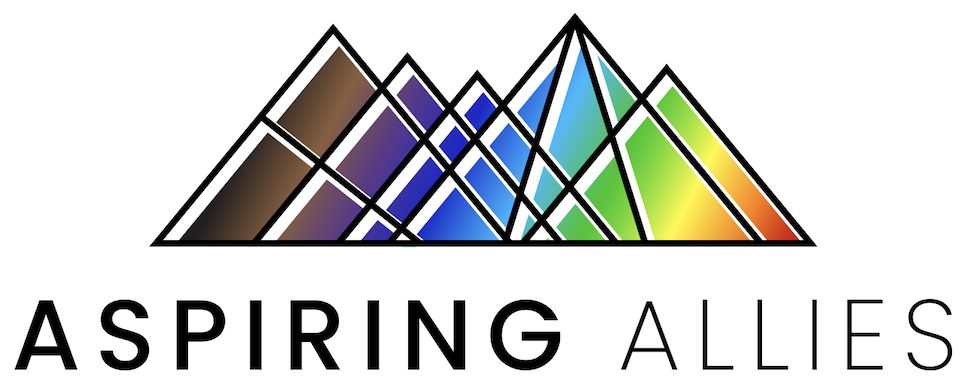Course Options and Overviews
General ally training covers foundational information about intent versus impact, culture, interpersonal relationships and systems, and the cycle of socialization. We cover these topics with short lectures and interactive components, such as small or large group dialogues.
Through LGBTQ+ Ally Training, we teach participants about current language related to the LGBTQ+ community, pronouns, national trends, and supporting LGBTQ+ people in their coming out process. We utilize activities to engage with participants and drive conversations.
An inclusive language workshop is a great way to get people engaged and out of their comfort zone. In this interactive workshop, we will cover how to engage in dialogues about language, facilitate an activity focused on thinking critically about language, and lead conversations about how to repair relationships when someone uses language that negatively impacts others.
In What is My Role in IDEA Work, we explore how everyone has a part in changing systems and how their identities and lived experiences may impact how they engage in this work. We will cover social categories, such as gender and race, and how our specific social identities have shaped our perspectives. Then, we discuss how to put knowledge into action, by leading conversations about action plans that are easily implemented for everyone.
Many individuals have the content knowledge to lead IDEA trainings, but they need a little support in rounding out their skill sets to facilitate these types of workshops. In this workshop, we discuss how to design instruction, respond to triggers, and engage participants according to their context.
